Brian Eno began his music career in London in 1969, working with avant-garde ensembles. By the early 70s, he’d co-founded Roxy Music, the sophisticated glam rock band that helped pioneer new wave.
Videos by American Songwriter
His experimental methods, or strategies, helped transform pop music as he produced groundbreaking albums by Talking Heads, Devo, U2, Coldplay, and others.
To highlight the unconventional approach, here’s a brief look at three songs that wouldn’t be the same without the singular Brian Eno.
“Pride (In The Name Of Love)” by U2
There aren’t many guitarists who can do what The Edge does. Many try, though they often fall short. He approaches rock guitar in a novel way by rejecting the norms of traditional playing. Limitation remains his greatest tool.
It’s also what he learned from Brian Eno. The Edge gained inspiration from how Eno utilized a limited skill set across various areas to build his career. The icy guitars you hear in “Pride (In The Name Of Love)” don’t require virtuosic ability. It’s performed within and against sound, with delays ping-ponging against the rhythms of his right hand. Like Eno’s instrumental boundaries, if The Edge had been a shredder, every iconic U2 riff would have vanished in technical muck.
“Once In A Lifetime” by Talking Heads
Eno highlighted the best bits of Talking Heads’ jams and instructed the band to perform the musical fragments live in a loop. It resulted in a hypnotic groove inspired by early hip-hop and the Afrobeat of Fela Kuti, whose music Eno had introduced to David Byrne.
The process resulted in the musicians essentially sampling themselves. On top of the jam, Byrne gives a sermon on the malaise of everyday life, the expectations of purchases, class, status, and losing oneself while seeking social acceptance. The boredom, the same sameness of everything, is echoed in the band’s repetition. Same as it ever was.
“Warszawa” by David Bowie
David Bowie left the studio to deal with a legal matter in France when producer Tony Visconti’s young son began repeating a few notes on the piano. Eno developed the looping notes into a longer motif, which became the first movement of Warszawa”. It appears in Low, the first chapter in Bowie’s Berlin Trilogy.
The track’s bleakness had a religious quality which reminded Bowie of his visit to Warsaw. For the vocals, he referenced “Helokanie” by the Polish folk group Śląsk. Using an invented language, Bowie created a choir by layering his own voice multiple times. The sense of pleading and desperation evokes the struggle for freedom of those living on the east side of the Iron Curtain. It’s another example of Eno creating music conceptually, against the usual methods of traditional harmony and arrangement.
Photo by Rob Ball/Redferns via Getty Images

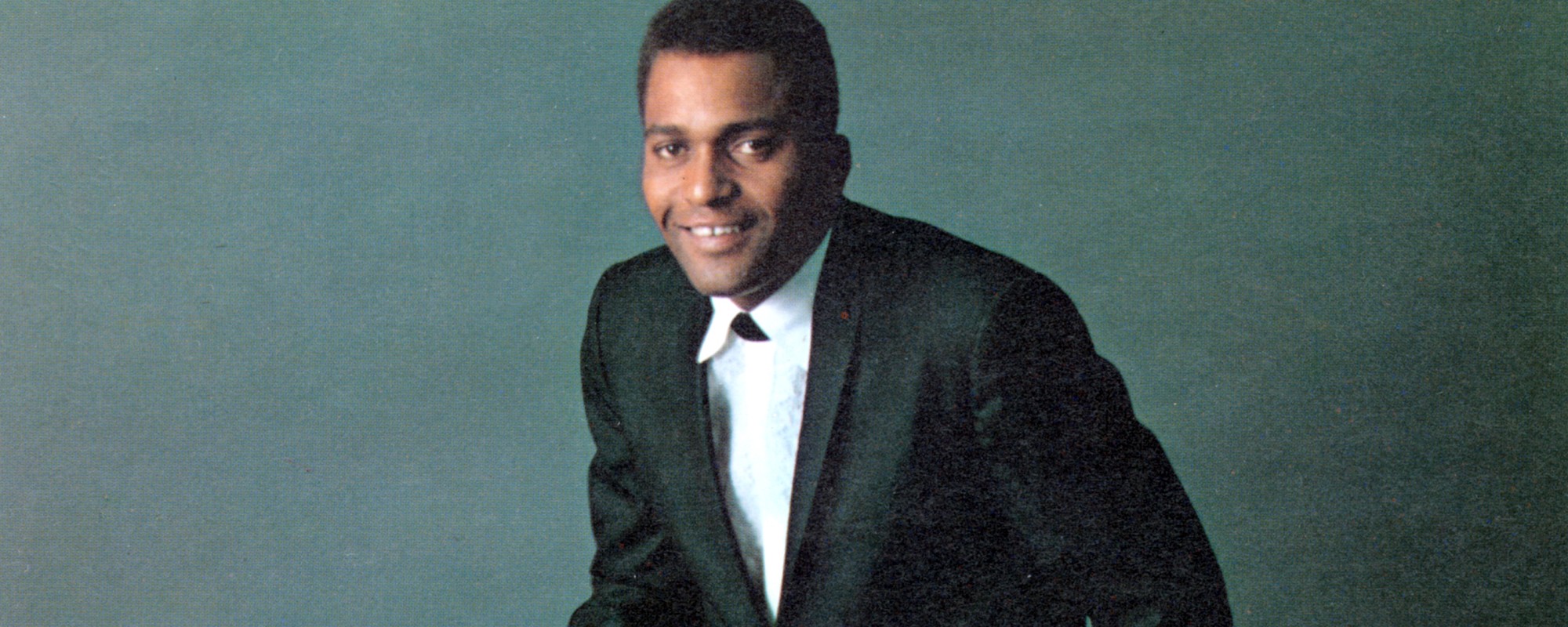
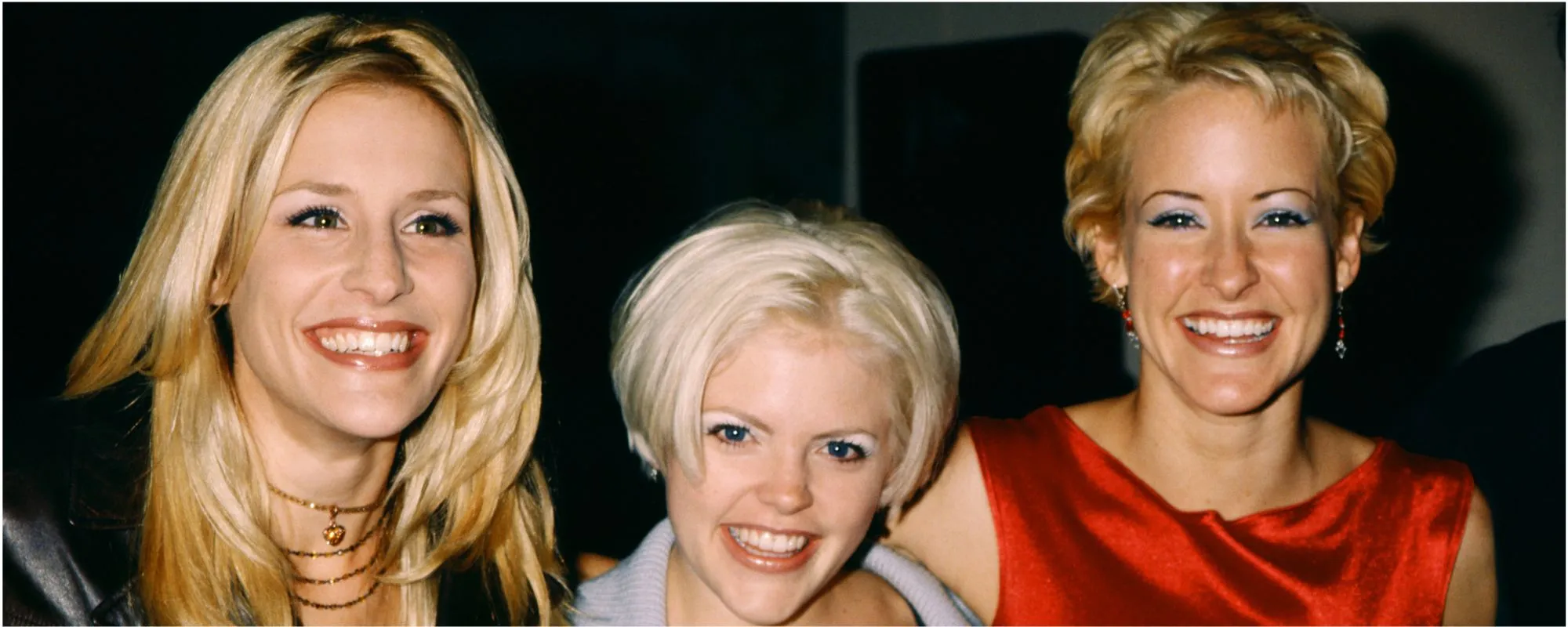

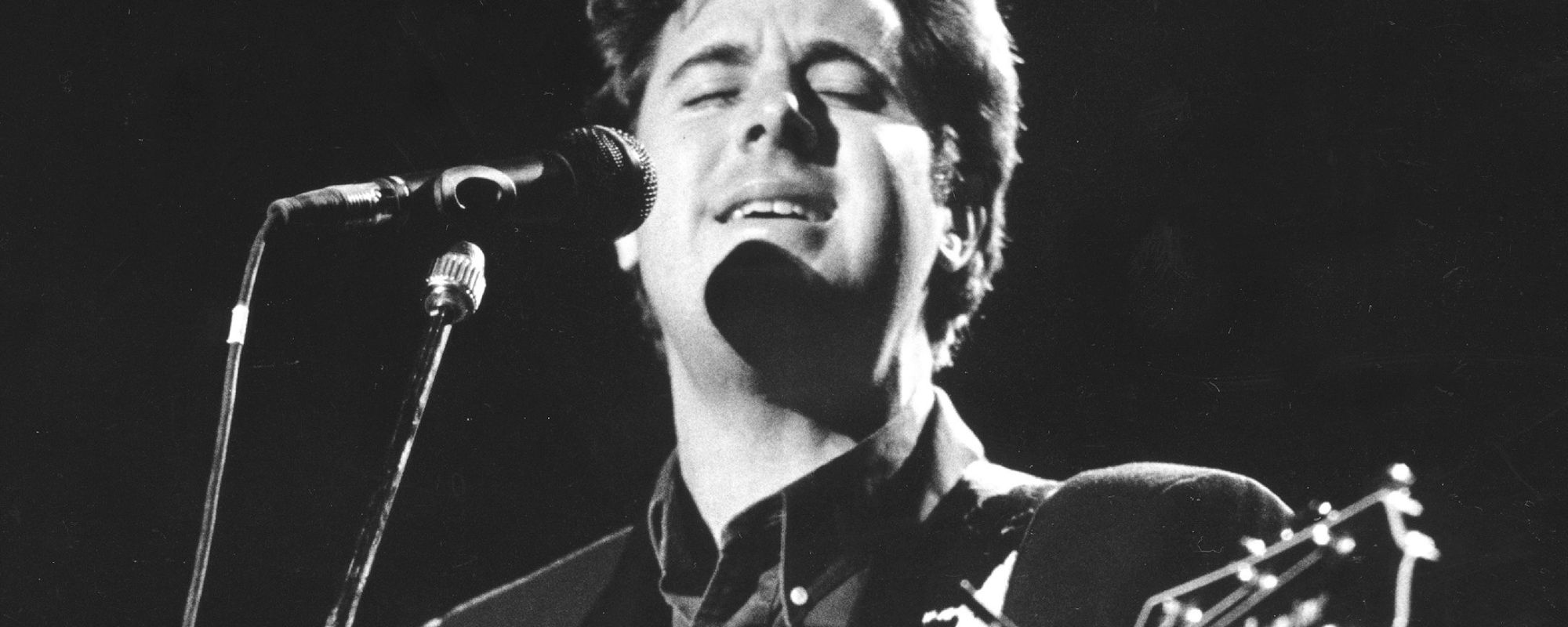


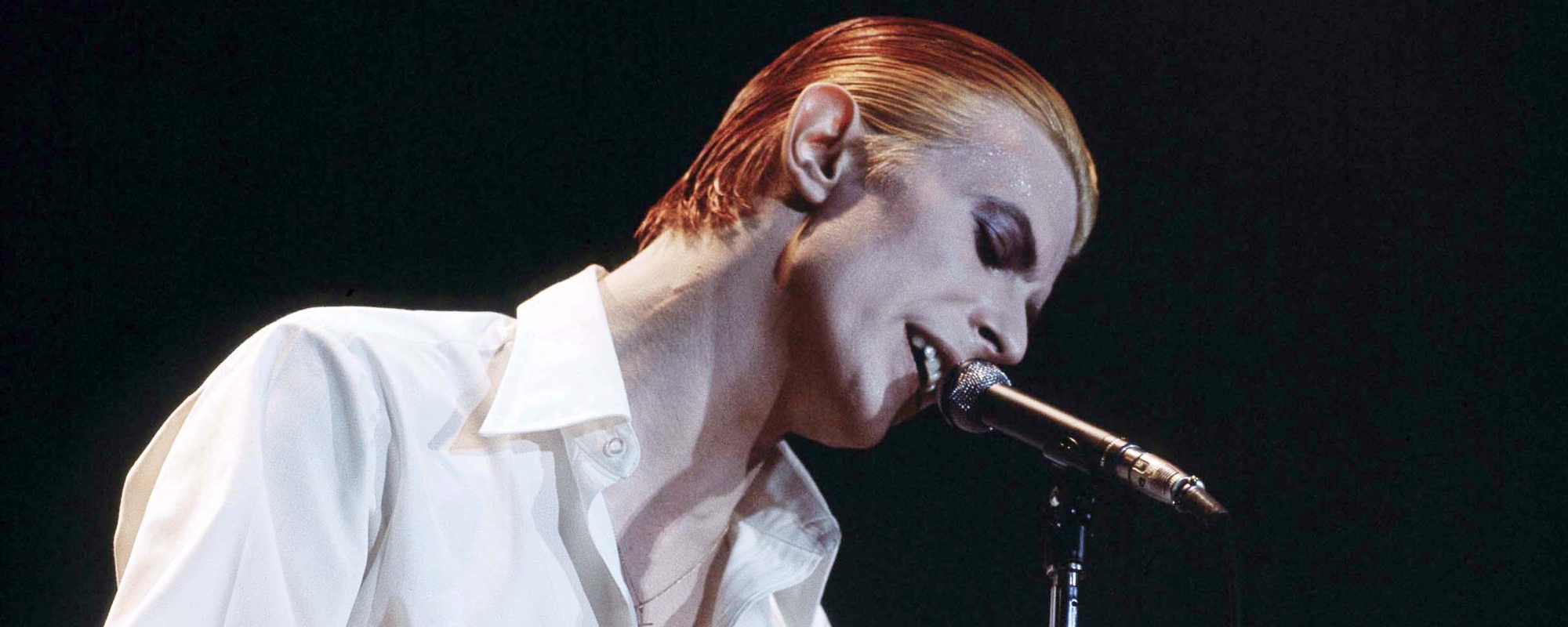

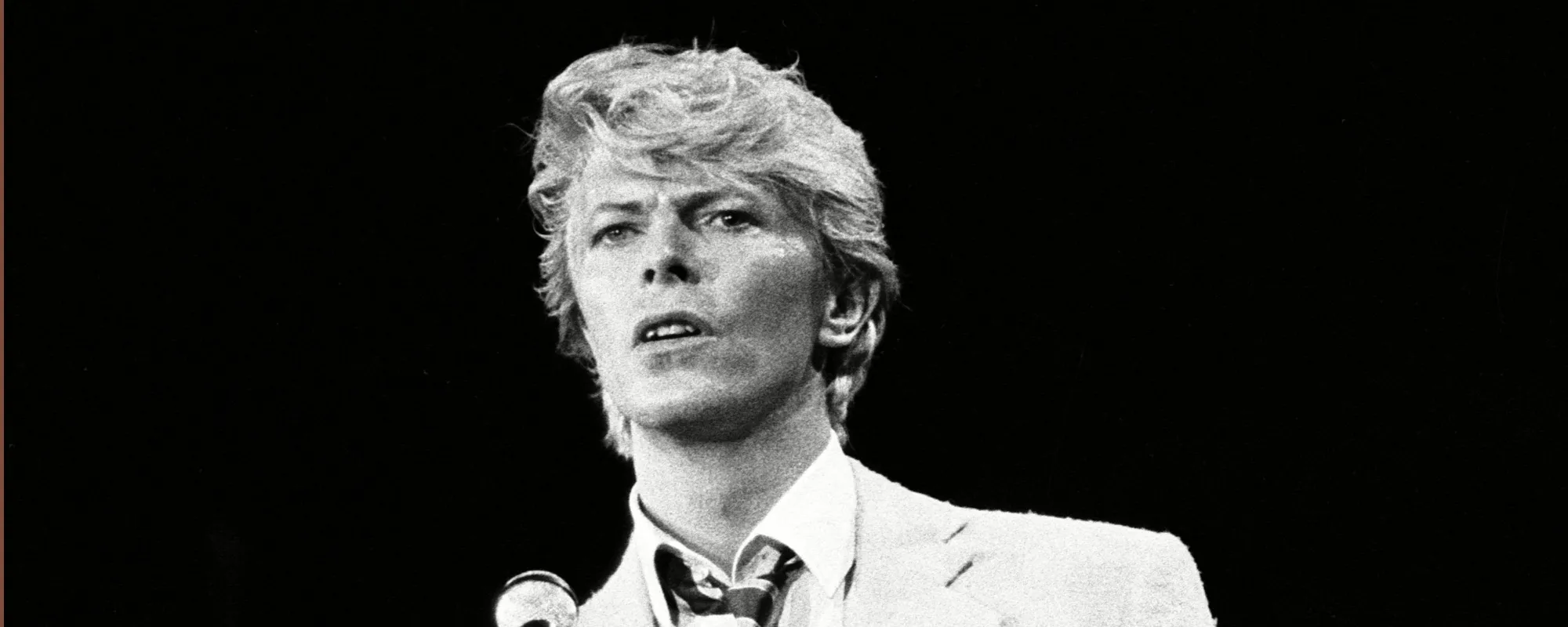


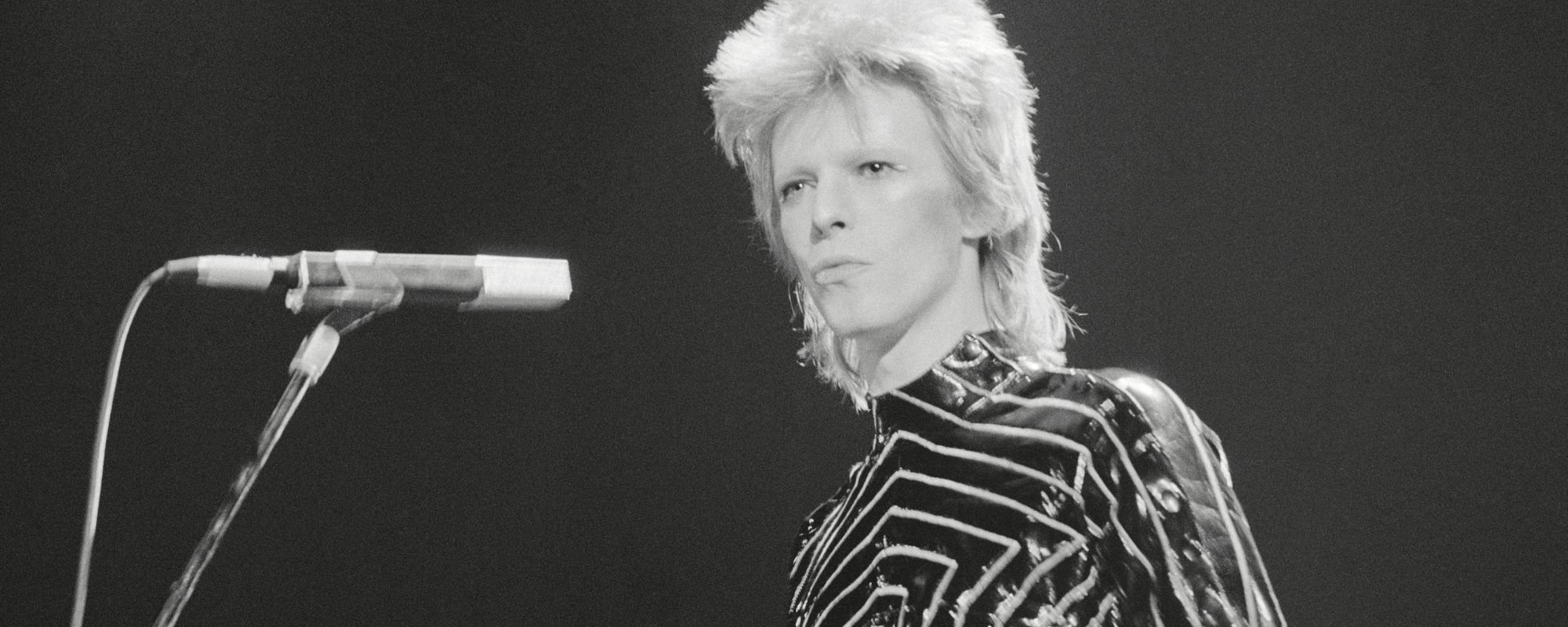
Leave a Reply
Only members can comment. Become a member. Already a member? Log in.